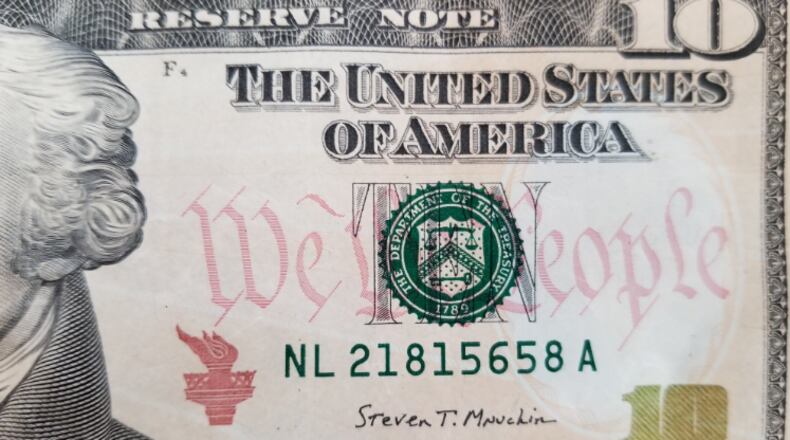The latest figures on the federal budget deficit don't yet show the negative economic impact of the Coronavirus, as the government reported a budget shortfall in March of $119 billion, raising the 2020 deficit to $743.6 billion, over $52 billion more than the same point a year ago.
Even before the Coronavirus shuttered businesses and forced Congress to approve an over $2 trillion economic rescue package, the White House projected a deficit in 2020 of over $1 trillion, for the first time since 2012.
Depending on how much aid is actually spent by Uncle Sam - and how much more is approved by lawmakers in coming months - it's not hard to imagine the deficit setting records later this year, and possibly topping $2 trillion.
The top line figures from the Treasury Department gave indication about the fiscal difficulties likely looming for the U.S. Government, as the March 2020 deficit was about $31 billion less than the same month in 2019.
Collection of import tariffs from U.S. businesses were down in March to $4.8 billion, down from $6.2 billion in February and $6.9 billion in January.
That reduction in import duties confirms the evidence of a trade slow down involving the United States - and China - in recent months, partly due to the virus outbreak.
Through March - the mid point of the fiscal year - individual income tax collections were running $45 billion above the same point a year ago, with corporate tax collections up $17 billion.
But experts in and out of government believe those numbers will be shattered by the economic impact of the virus outbreak.
The largest budget deficit ever recorded by the federal government was $1.41 trillion in 2009, at the height of the recession after the 2008 Wall Street collapse.
About the Author
The Latest
Featured



